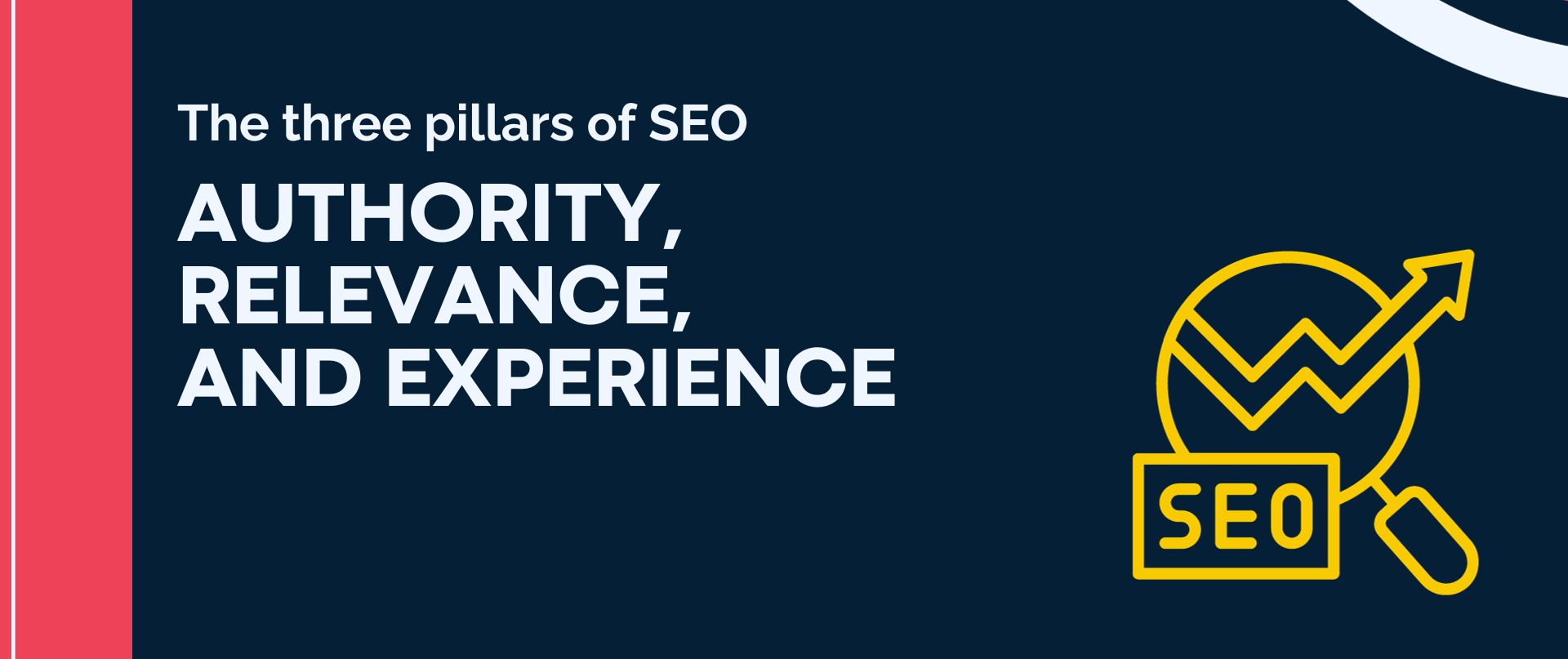

Building Domain Authority in SEO refers to the trust and credibility your website holds in the eyes of search engines and users. A site with high domain authority is seen as a reliable source of information, which significantly influences its ranking potential. There are several ways to build and enhance your domain authority:
Incorporating insights from industry experts can further boost your authority. This can be achieved through guest posts, interviews, and collaborations with thought leaders. By associating your content with recognized experts, you enhance its credibility and attractiveness to both search engines and users.
Relevance is all about aligning your content with the search queries of your target audience. Understanding user intent whether it is informational, navigational, transactional, or commercial. It is critical for creating content that satisfies searchers’ needs.
To maximize relevance, your content should be comprehensive and cover the topic in depth. This not only helps answer the user’s query fully but also signals to search engines that your page is a valuable resource. Including FAQs, detailed guides, and long-form content are effective strategies for achieving this.
Experience in SEO refers to the overall user experience on your website. A positive user experience leads to longer visit durations, lower bounce rates, and higher engagement—all of which are favorable signals to search engines.
Creating engaging content that encourages interaction can significantly enhance user experience. This can include:
For an effective SEO strategy, it is essential to integrate these three pillars seamlessly. Here are some best practices to achieve this integration:
By focusing on these three pillars, you can create a solid foundation for your SEO efforts, leading to improved rankings, increased traffic, and higher user satisfaction. Embrace the principles of authority, relevance, and experience, and watch your website climb to the top of the search engine rankings.
In summary, authority, relevance, and experience are indispensable pillars of effective SEO. Authority establishes your site’s credibility, relevance ensures your content meets user needs, and experience enhances user satisfaction and engagement. Together, they create a robust SEO strategy that drives traffic, builds trust, and achieves higher search engine rankings. Prioritizing these elements will not only improve your visibility but also establish your site as a trusted resource in your field.
Q. What is meant by ‘authority’ in SEO?
A. Authority refers to the credibility and trustworthiness of a website or webpage. It’s typically measured by factors such as the quality and quantity of backlinks, domain age, and overall reputation. A high-authority site is considered a reliable source of information and is more likely to rank higher in search engine results.
Q. How does relevance impact SEO?
A. Relevance ensures that your content aligns with what users are searching for. By targeting specific keywords and providing valuable, pertinent information, you meet the needs of your audience and signal to search engines that your content is a good match for their queries. This improves your chances of ranking well in search results.
Q. Why is user experience important for SEO?
A. User experience (UX) affects how visitors interact with your site. A positive UX—characterized by fast load times, mobile-friendliness, and easy navigation—encourages users to stay longer and engage more. Search engines prioritize sites that offer a great UX, as it reflects positively on their ability to meet user needs.
Q. How can I improve my site’s authority?
A. To boost your site’s authority, focus on acquiring high-quality backlinks from reputable sources, producing valuable content, and maintaining an active online presence. Engaging with industry leaders and contributing to relevant discussions can also enhance your site’s credibility and authority.
Q. What steps can I take to ensure my content is relevant?
A. Ensure your content is relevant by conducting thorough keyword research to understand what your audience is searching for. Create high-quality, informative content that directly addresses these needs and updates it regularly. Additionally, use SEO best practices like optimizing meta tags and headers to reinforce relevance.